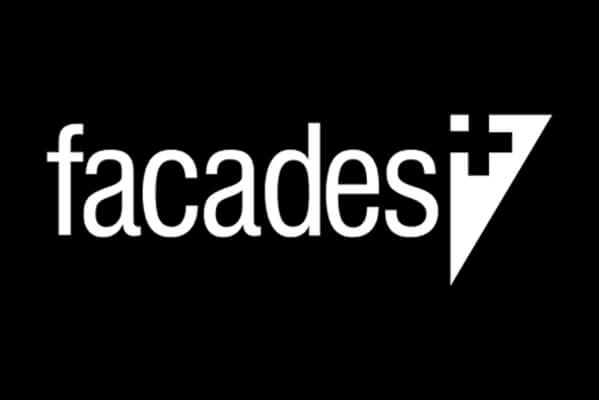This summer, a 50-foot-wide 61-eye version of Buckminster Fuller’s Fly’s Eye Dome will be moved to the Crystal Bridges Museum of American Art in Bentonville, Arkansas. Known for his geodesic conceptions, Fuller designed the Fly’s Eye Dome in 1965 and produced threepatenteddomes of different sizes by 1983. The 50-footMonohexdome, made from glass and fiberglass, was the largest of the trio (the others spanned 12 feet and 24 feet in diameter by comparison) and was last exhibited at the Festival International d’Art in Toulouse, France, in 2013.
R. Buckminster Fuller, Fly’s Eye Dome, 1961, fabricated ca. 1980. Fiberglass-reinforced polyester
38 x 50 x 50 feet. (Courtesy of Estate of R. Buckminster Fuller)
“It is shocking and people are going to go, ‘What is that?'”saidCuratorial Assistant at Crystal Bridges, Dylan Turk speaking to theAP. “Hopefully they’ll go out there and want to know what it is.” The dome features 61 “oculi” that tessellate among the mostly triangular geodesic framework.
“We have an actual piece of paper where he had a picture of a fly that he had found in a newspaper in the ’60s,” Turk continued. “He saw it and thought, ‘The structure of this fly’s eye could become one of my type of domes.’ He was literally looking at a fly’s eye.” Turk added that Fuller “wanted to use the lightest materials possible because it costs the least to ship and uses less energy to build… Fiberglass is strong and cheap.” The dome will be installed in the summer of 2017.












